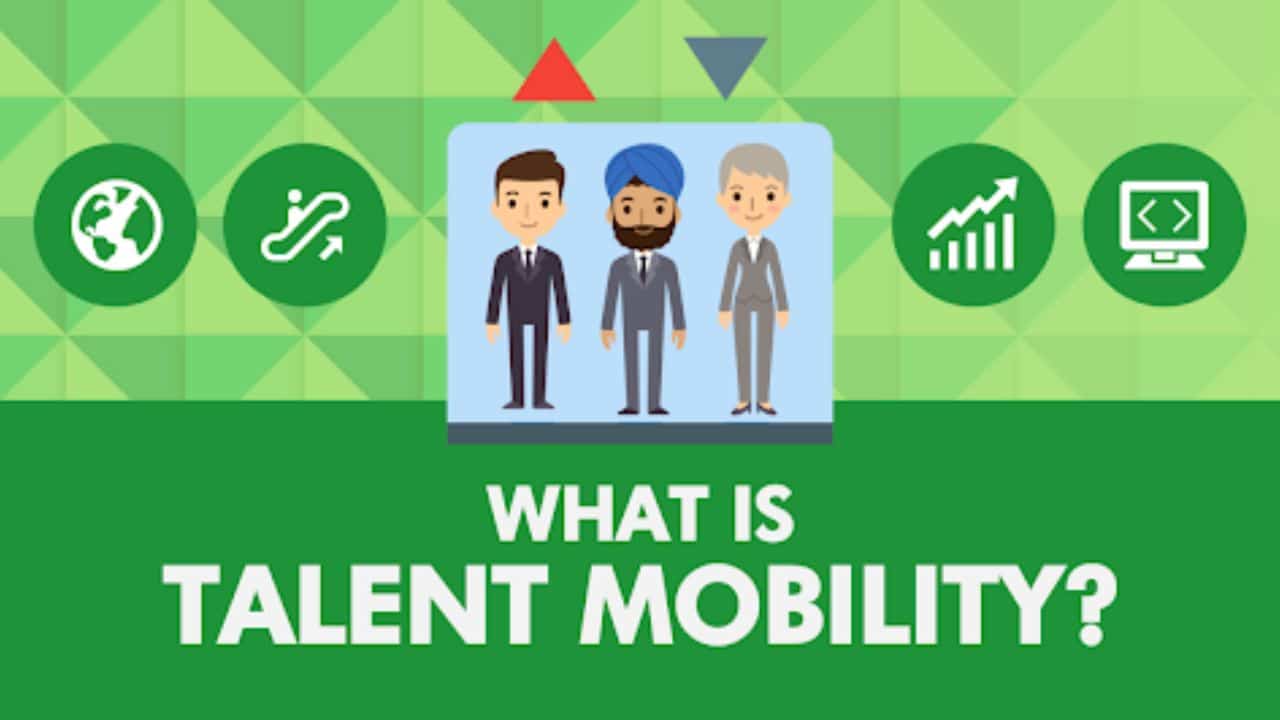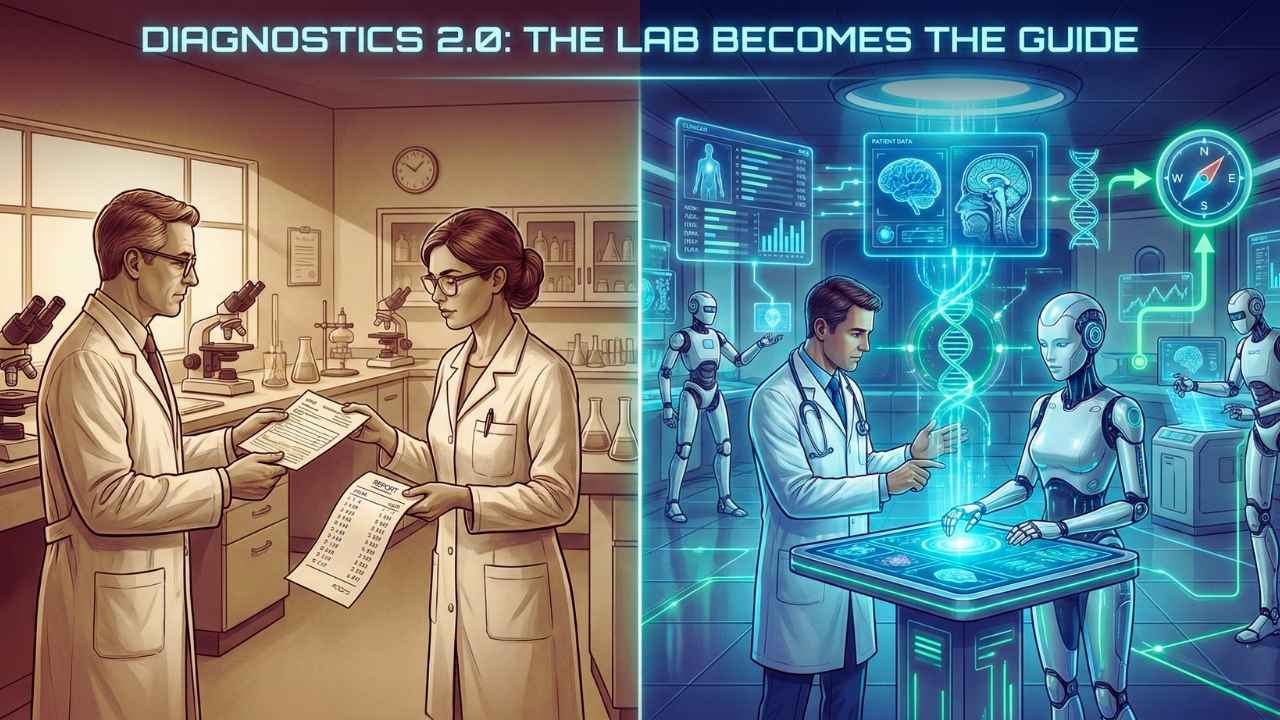Are you feeling stagnant in your current role or industry? Are you craving a new challenge and the opportunity to explore different avenues? Skill mobility may be the answer you’ve been looking for. Skill mobility, also known as skill transferability, is the ability to adapt and apply your existing skills to new roles and industries. It’s like unlocking a whole new world of possibilities, allowing you to leverage your strengths and experiences in fresh contexts.
In today’s rapidly changing job market, where industries evolve at lightning speed and roles become obsolete overnight, skill adaptability has become more crucial than ever. It’s no longer enough to possess a specific set of skills tailored to one field; employers now value individuals who can seamlessly transition between different roles and industries. By developing skill mobility, you not only increase your employability but also open doors to exciting new opportunities that could lead to personal growth and fulfillment. So if you’re ready to embark on an adventure of professional reinvention, it’s time to dive into the art of transferring skills – exploring how your existing capabilities can serve as stepping stones towards a more dynamic and rewarding career journey.
Understanding the Importance of Skill Adaptability
Understanding the importance of upskilling adaptability is key to unlocking new opportunities and professional growth. In today’s rapidly changing job market, it is crucial to be able to transfer your skills to different roles and industries. Gone are the days of staying in one job for your entire career; now, professionals need to be flexible and adaptable in order to thrive. By being open to learning new skills and being willing to step outside of your comfort zone, you can position yourself as a valuable asset in any industry.
Skill adaptability allows you to stay relevant and competitive in an ever-evolving job market. As technology continues to advance at a rapid pace, certain roles become obsolete while new ones emerge. Having the ability to transfer your existing skills into these emerging roles can give you a significant advantage over others who may not possess such adaptability. Additionally, skill adaptability opens up a world of possibilities when it comes to career advancement. Instead of feeling limited by your current role or industry, having transferable skills allows you the freedom to explore different avenues and pursue new opportunities that align with your interests and goals.
Assessing Your Current Skill Set
Evaluating your existing skills can provide valuable insight into the areas where you excel and those that may require further development. Taking the time to assess your current skill set is an essential step in determining how transferrable your skills are to new roles and industries. Here are some key reasons why assessing your skills is crucial:
- Identifying strengths: By evaluating your skills, you can identify the areas where you excel. This knowledge allows you to leverage your strengths and highlight them when applying for new positions or exploring different industries.
- Recognizing gaps: Assessing your skills also helps you identify any gaps or weaknesses in your abilities. Knowing what areas need improvement allows you to proactively seek opportunities for growth and development.
- Exploring new possibilities: Understanding your current skill set opens up a world of possibilities for exploring different roles and industries. By recognizing the transferable skills you possess, you can consider alternative career paths that align with your interests and goals.
- Building confidence: Evaluating your existing skill set provides a sense of clarity and self-awareness. It boosts confidence by highlighting the valuable expertise you bring to the table, giving you the assurance needed when pursuing new opportunities.
Taking stock of your skills is an important first step in navigating skill mobility successfully. By identifying strengths, recognizing gaps, exploring new possibilities, and building confidence, assessing your current skill set empowers you to make informed decisions about potential career transitions or advancements.
Identifying Transferable Skills
Discovering the hidden gems within your abilities can ignite a spark of excitement as you realize the untapped potential waiting to be unleashed. Identifying transferable skills is the key to unlocking new opportunities and expanding your career horizons. These are skills that can be applied across different roles and industries, allowing you to make a smooth transition into a new field.
To identify transferable skills, start by taking inventory of your current skillset. Look beyond job titles and specific tasks, and focus on the underlying abilities that have helped you succeed in your previous roles. For example, if you have experience in customer service, some transferable skills could include effective communication, problem-solving, and empathy. These skills can be valuable in various industries such as sales, marketing, or even human resources.
Next, consider how these transferable skills align with the requirements of your target role or industry. Think about how they can be adapted or leveraged to meet the needs of a different context. Highlighting these transferable skills on your resume or during interviews can demonstrate your ability to quickly adapt and bring value to a new position.
Remember that identifying transferable skills requires self-reflection and an open mind. It’s important to recognize that you have more to offer than what may initially meet the eye. Embrace this process as an opportunity for growth and discovery as you embark on a journey towards skill mobility.
Developing a Plan for Skill Transfer
Crafting a strategic plan that outlines your pathway to transferring and applying your abilities in different professional settings is essential for expanding your career opportunities. When developing a plan for skill transfer, it’s important to first assess your current skills and identify the areas where they can be applied in new roles or industries. This involves understanding the core competencies required in different fields and identifying how your existing skills align with those requirements.
Once you have identified the transferable skills, the next step is to create a roadmap for acquiring any additional skills or knowledge that may be needed for the desired role or industry. This could include taking courses, attending workshops, or seeking mentorship opportunities to enhance your skill set. It’s also crucial to network with professionals who are already working in the field you want to transition into, as they can provide valuable insights and guidance on how to navigate the industry.
In addition to acquiring new skills, it’s important to highlight your existing abilities in a way that is relevant and appealing to potential employers or clients. This involves crafting a compelling resume and cover letter that clearly showcases how your transferable skills can add value in a new setting. Furthermore, leveraging online platforms such as LinkedIn can help you expand your professional network and connect with individuals who may be interested in hiring someone with your unique skill set.
By following these steps and creating a well-thought-out plan for skill transfer, you can increase your chances of successfully transitioning into new roles and industries. Remember that adapting and evolving are key elements of career growth, so embrace opportunities for learning and continuously update your plan as you gain more experience and explore different avenues within your chosen field.
Navigating Challenges and Embracing New Opportunities
Embrace the challenges that come with navigating unfamiliar territory and seize new opportunities to grow and excel in your career journey. Stepping into a new role or industry can be intimidating, but it is also an opportunity for personal and professional growth. By embracing the challenges, you open yourself up to new experiences and learning opportunities that can enhance your skill set. Take advantage of any training or resources available to you to ensure a smooth transition. Additionally, seek out mentors or colleagues who have successfully made similar transitions, as they can provide valuable insights and guidance along the way.
In this process of skill mobility, there are several key factors to consider:
- Adaptability: Be open-minded and willing to adapt to new ways of doing things. Embracing change will help you overcome obstacles more effectively.
- Networking: Build connections within your new industry by attending conferences, joining professional organizations, or participating in online forums. Networking can lead to valuable partnerships and job opportunities.
- Continuous Learning: Stay curious and committed to lifelong learning. Seek out additional training or certifications that align with your new career path.
By embracing these challenges head-on and actively looking for new opportunities, you can navigate unfamiliar territory with confidence and achieve success in your skill mobility journey. Remember that every challenge presents an opportunity for growth, so seize them eagerly and watch how they propel you forward in your career.
Conclusion
In conclusion, honing your skill mobility is essential in today’s ever-changing job market. By understanding the importance of adaptability and assessing your current skill set, you can identify transferable skills that will allow you to thrive in new roles and industries. It is crucial to develop a clear plan for skill transfer, taking into consideration any challenges that may arise. Embracing new opportunities and being open to learning will enable you to navigate these challenges successfully.
Remember, skill mobility is not just about transferring skills but also about continuously developing new ones. As technology advances and industries evolve, it is vital to stay updated with the latest trends and acquire new knowledge. By doing so, you position yourself as a valuable asset in any field or role you choose to pursue.
Ultimately, skill mobility empowers individuals to adapt and thrive in a rapidly changing world. So take the time to reflect on your own skill set, explore new possibilities, and embrace the art of transferring skills. With dedication and perseverance, you can unlock endless opportunities for professional growth and success.










































